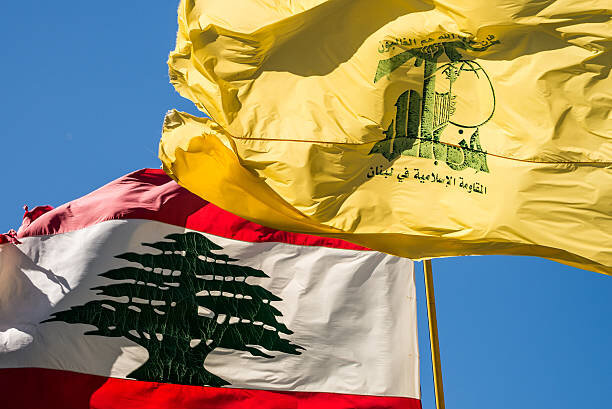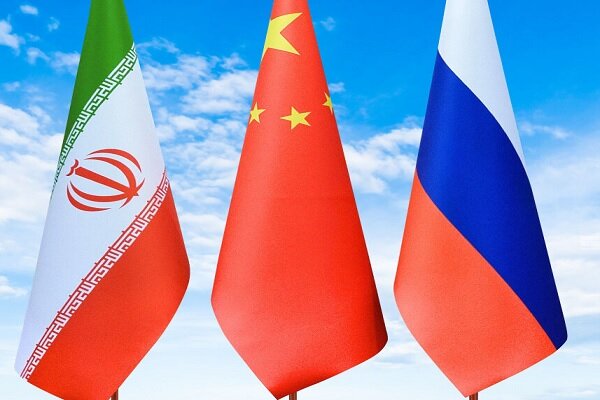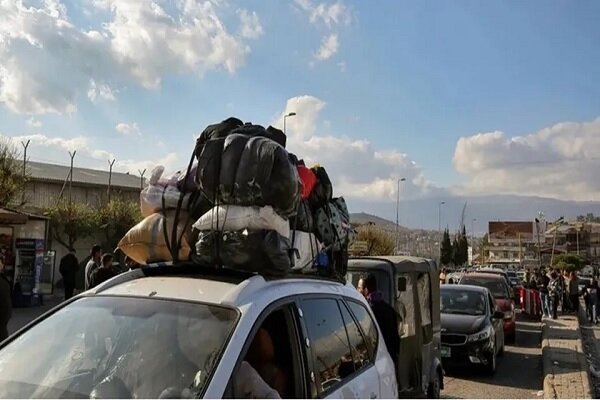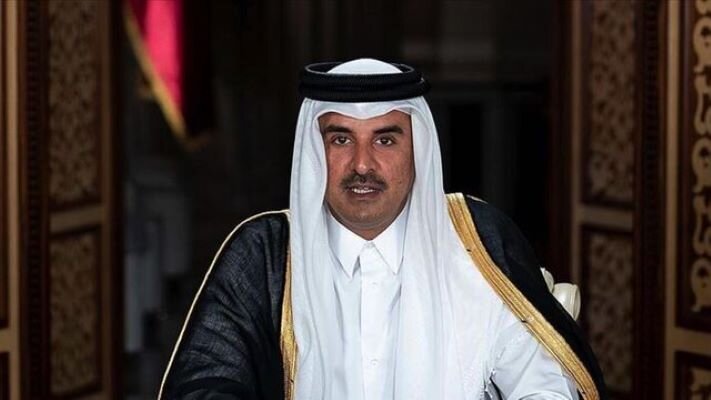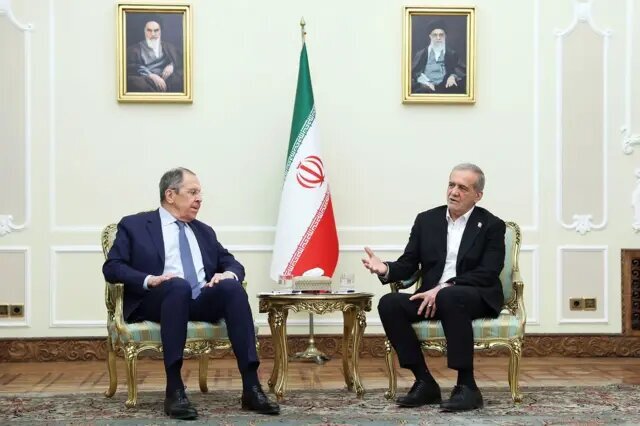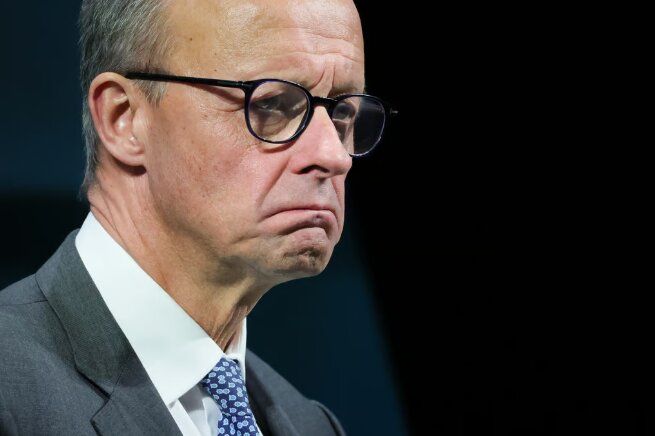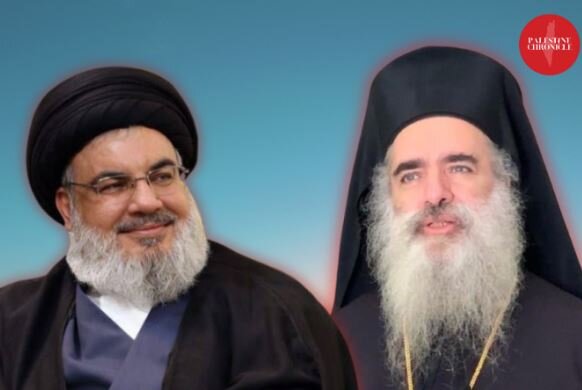US Leverages Pressure on Lebanon to Accelerate Normalization Efforts with Israel
In the heart of South Lebanon, the residents of several occupied border towns are gearing up to continue their liberation movement. This response comes amid ongoing attacks from the Israeli forces in both the south and north of the Litani River. The recent discussions involving US officials and the Ceasefire Implementation Supervision Committee have raised concerns about the future of the region and the implications for Lebanese sovereignty.
On Sunday, the towns of Yaroun, Maroun al-Ras, Aitaroun, Blida, Mays al-Jabal, Houla, Markaba, Adaisseh, and Kfar Kila are set to resume their efforts for liberation as tensions escalate. Here are key points from the recent developments:
- The meeting between Morgan Ortagus, the US Deputy Special Envoy for West Asia, and General Jasper Jeffers, Chairman of the Ceasefire Implementation Supervision Committee, did not provide assurances for Israeli withdrawal.
- The committee plans to inspect approximately 30 sites suspected of housing Hezbollah facilities.
- There are allegations regarding the Lebanese army being informed about possible Hezbollah ammunition and weapon storage sites.
Despite these inspections, the committee appears to overlook the ongoing violence against Lebanese civilians, including killings and kidnappings perpetrated by Israeli forces. Analysts speculate that international pressure may be applied to Lebanon, potentially leading to blackmail tactics to maintain Israeli presence in five strategic border locations. This is seen as an effort to establish a “buffer zone” under the guise of ensuring security for colonial settlers.
Yanon Magal, a political commentator aligned with Israeli Prime Minister Netanyahu, emphasized that the Trump administration supports Israel’s continued occupation of these sites as long as Lebanon is perceived to be violating the ceasefire agreement. American officials have reportedly conveyed to their Israeli counterparts, “Do whatever is necessary to enhance your security. We will not stand in your way.”
The US aims to enforce its interpretation of UN Resolution 1701 on Lebanon, focusing on achieving broad normalization across the region. Despite Hezbollah’s offers for political flexibility, Washington is exerting pressure on Lebanese Prime Minister Nawaf Salam to form a government devoid of partisan influence. This government is expected to consist of ministers who will simply execute orders, particularly in hindering the rebuilding efforts following the extensive damage caused by Israeli bombardments from September to November.
Recent reports indicate that US President Donald Trump may participate in the inauguration of a new intelligence complex, termed the new US embassy in Beirut. This facility is projected to employ around 2,000 US personnel across political, security, and military roles, further entrenching US influence in the region.
The ongoing situation is perceived as a continuation of a failed strategy in the region. Following the collapse of Bashar al-Assad’s government, the dynamics shifted, with figures like al-Julani (Ahmed al-Sharaa) taking a firm stance against Palestinian resistance in Syria, particularly near the Lebanese border. Al-Julani has expressed a lack of intention to engage in conflict with Israel.
In a recent visit to Damascus, caretaker Prime Minister Najib Mikati was questioned about the legacy of Anwar Sadat. While he refrained from providing a direct answer, al-Julani articulated a perspective that showcases his alignment with US interests, suggesting that he would have acted similarly to Sadat during that historical period.
Al-Julani’s strategy includes the potential granting of Syrian citizenship to Palestinian refugees residing in Syria, further illustrating the shifting allegiances and complex dynamics at play.
Amidst these developments, the upcoming meeting between Netanyahu and Trump is drawing significant attention. The uncertain future of the region looms large, with various assumptions in play, especially given Trump’s unpredictable nature—a factor that Netanyahu hopes to leverage.
As tensions continue to mount, the resilience of the residents in South Lebanon remains steadfast. The international community watches closely as the situation evolves, with implications not just for Lebanon, but for the broader geopolitical landscape of the Middle East.
